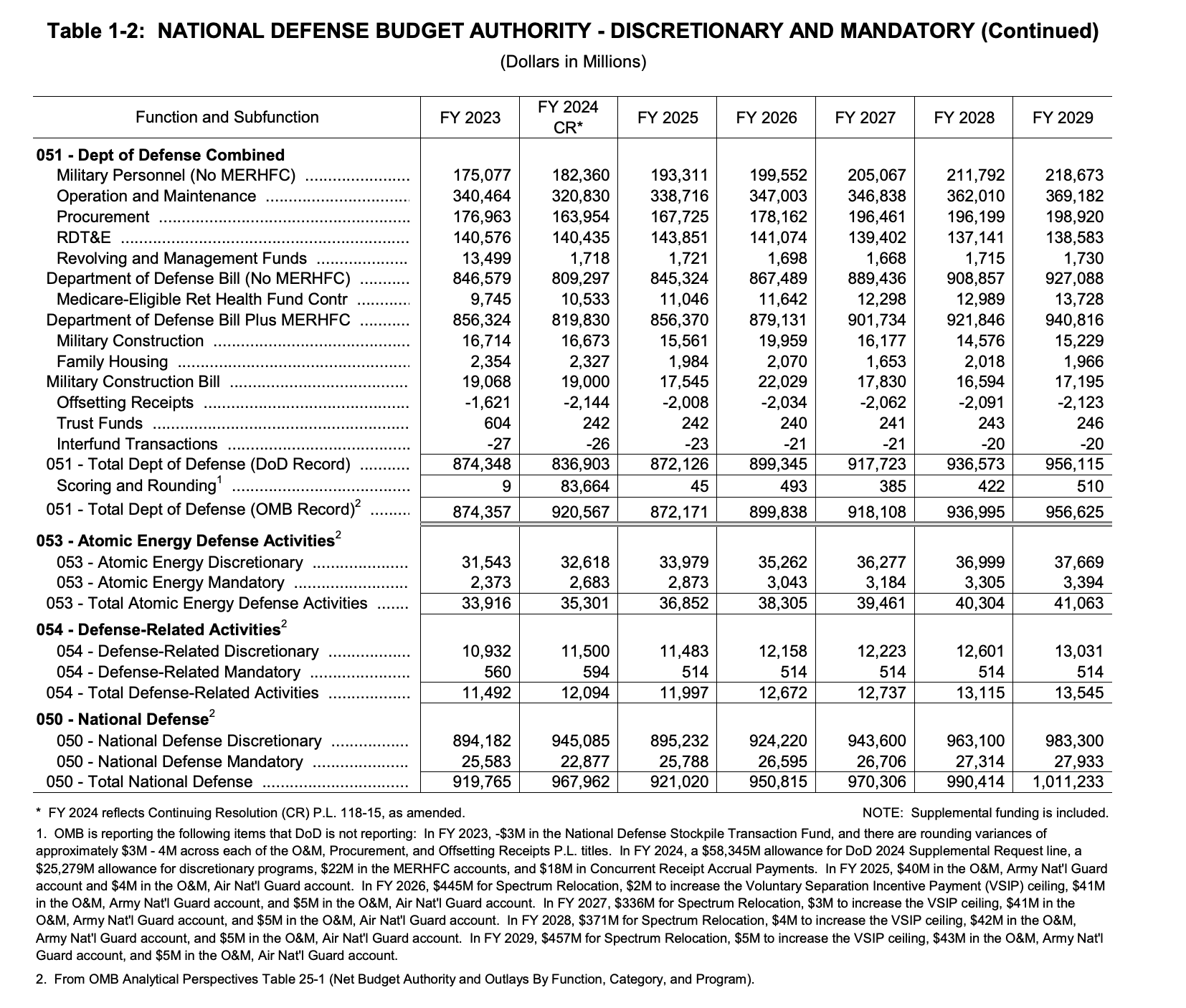Usul: Using LLMs to Win Defense Contracts
Defense contracting in the US is famously expensive and bureaucratic. The stakes here are high: American taxpayers spend $820 billion dollars a year on the military. And until now, it's been a time-consuming process that involves referencing and understanding thousands of pages of dull budgetary data.
Usul is a Moonglow customer that uses LLMs at a massive scale to help defense customers understand the procurement landscape as they create proposals. In this post, we’ll explain how they use Moonglow to process the huge amounts of data they use to win their customers defense contracts.
(And, yes, Usul is a Dune reference!)

Why Defense Contracting is Hard
To sell defense equipment to the government, contractors need to go through a process called procurement. To do it well, you need to deeply understand a mass of government-related spending data. Among other things, you need to know:
- How much the government is allowed to spend – which you can find in the Annual Budget Justification Green Book, a 309-page document filled with financial and budgetary tables
- How much it has spent – which you can find by searching the Federal Procurement Data System
- And what it’s spent that money on, which you find at USASpending.gov, the official source for US government spending data.
This isn’t even the tip of the iceberg. For every specific line item of every defense contract you want to propose, you need to understand how much the government has historically spent on it and where that money came from. This process has historically involved combing through historical government documents and trying to find changes in patterns, so that contractors can identify new spending patterns and opportunities.

Which is why Jarren, Joon, Oliver and Pranav founded Usul. Usul is a Y Combinator-backed company, and a Moonglow customer, that automates this procurement search for defense contractors. Their systems automatically collect and parses all of this data, and then provide an easily searchable interface for their customers.
Running LLMs at massive scale with Moonglow
Creating a search tool like isn’t trivial. To serve its users, Usul processes tens of thousands of government documents, including new policy releases and recently-won defense contracts. None of these documents were designed to be human-readable, and they’re scattered all across the internet, which means that each document requires its own bespoke retrieval and processing infrastructure.
Processing this much data used to be impossible, but LLMs have finally made automating this possible. The Usul team uses them heavily to process these documents. Even with LLMs, though, the task isn’t trivial. These documents are large, and the Usul team run custom jobs on each of them.
The documents also vary in formatting and usually require bespoke code. Because of this, Usul often does their development in scripts or iPython notebooks.
The most impressive thing is the scale that Usul operates at to process these documents. One recent document parsing job required up 200,000 async calls. Running this sequentially would have taken a month, so they parallelized the code so that it ran in a day. At its peak, it was processing 130 million tokens a minute through remote LLMs!
At that scale, you quickly run past the limitations of an ordinary laptop computer. You hit network bandwidth bottlenecks on consumer internet connections, and compute limits on a Macbook’s CPU.
To make things worse, they're is also often on the move – traveling on planes, trains and automobiles to meet customers all across the country. This means they're wi-fi situations that barely support remote SSH, much less intense, parallel compute jobs.
Which is why they turned to Moonglow. For new data pipelines, they’ll download and inspect the files manually, and start writing the code to parse it locally. Then, once they’re ready to scale up, they’ll use Moonglow to start and connect to a powerful AWS instance for the long-running jobs.
Because Moonglow is tightly integrated into VSCode, it works well even on poor internet connections. With filesync moving your dev environment from local to remote instances is a breeze. We’re really glad to be able to serve Usul with this, and we're always looking for new opportunities to help similar customers!
If you think Moonglow would be similarly useful to you, you can try it for free here - we give you $5 credit when you sign up, so you can try it out for free!